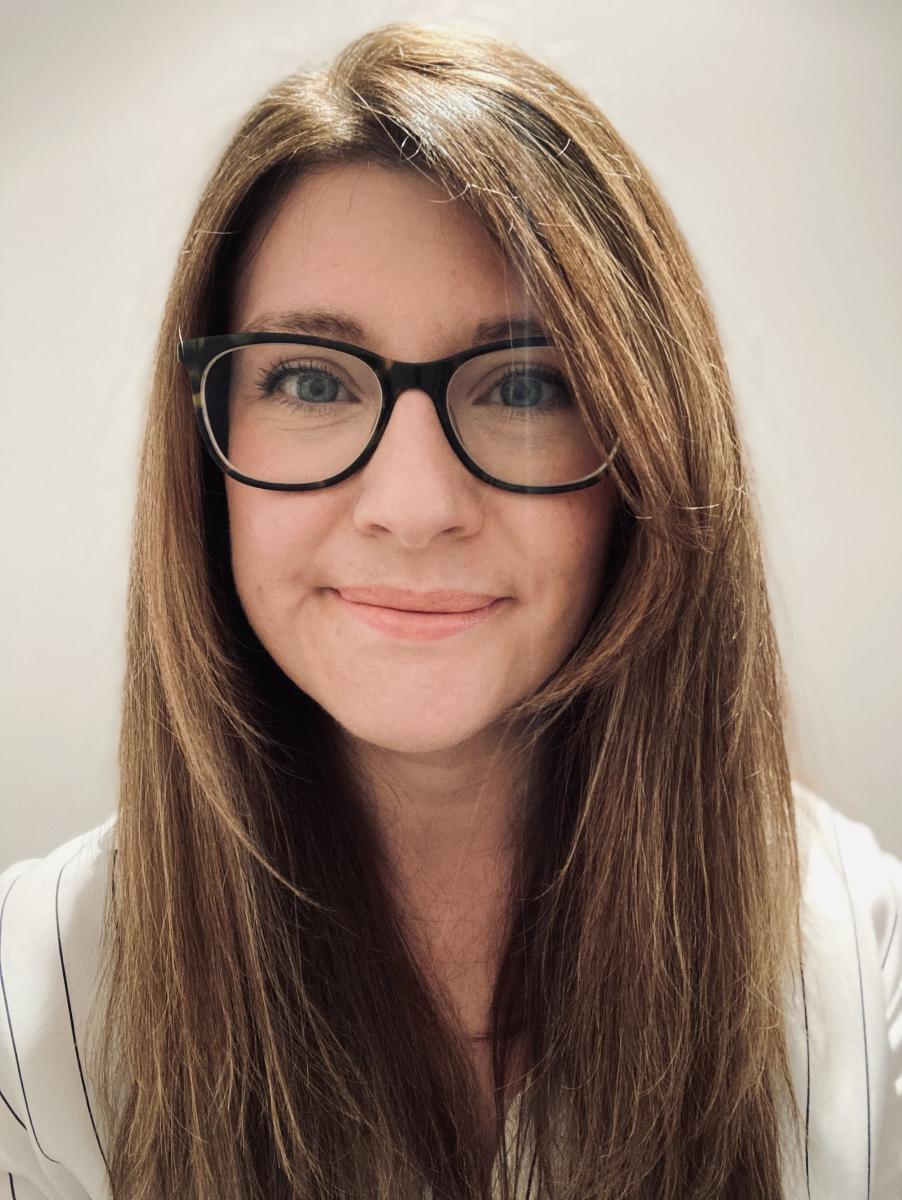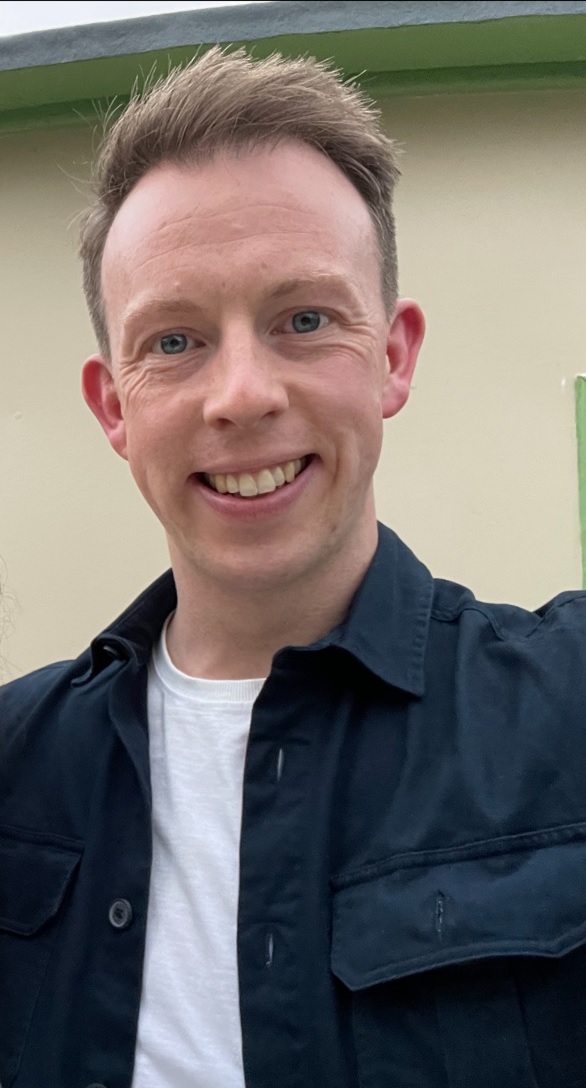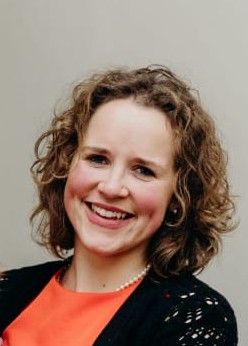
Dr Rebecca Brooks
What is Clinical Oncology?
Clinical Oncology is a rapidly evolving specialty to treat solid-tumour cancers with systemic anti-cancer treatments and radiotherapy. We work closely with other members of the MDT including surgeons, specialist nurses, radiographers, physicists, palliative care, speech and language therapy, dietitians and other oncologists in different centres to provide holistic care of people with cancer.
A typical week for a registrar may involve several outpatient clinics, radiotherapy planning sessions, participation in MDT, review of inpatients of ward, admin time, and supporting chemotherapy units or acute oncology services. Some people may also have other roles in brachytherapy. There is a varied working pattern throughout the week – no two days are the same!
There are opportunities to do further research or spend time out of programme doing MD/PhD or fellowships, but these are not essential. All ST3s in the East of England spend one day a week doing a funded MSc course at the Institute of Cancer Research in London which is great way to network with trainees from other centres, and learn the principles of oncology.
The East of England is a welcoming place to work, and we are well supported. Although our deanery is large, the TPD works hard to ensure our personal circumstances are accommodated for as much as possible when considering our training sites. East Anglia is also a very beautiful part of England with lovely towns, close to London and idyllic Norfolk beaches. Please feel free to contact me at rebecca.brooks28@nhs.net if you would like to discuss training in the region.

Oncology has proved to be a great choice of specialty for me – plenty of great teamwork, intellectually challenging and an environment where knowledge and techniques are continuously advancing to improve outcomes. Whilst there are certainly difficult and emotional moments, as a discipline we are constantly evolving in our approach to taking better care of patients which includes not only research into new drugs and treatments but also being an area of medicine where patient and public engagement and co-production (working together with patients and carers to design services) are key to our approaches.
Personally, I’ve really benefited from the opportunities provided by being in such a research active area of medicine, going out of programme to undertake a PhD in translational cancer research funded by Cancer Research UK and taking on a role on the board of the National Oncology Trainee Collaborative for Healthcare Research (NOTCH).
The opportunity to learn how to plan and deliver radiotherapy has been very exciting and different from anything else I have experienced in medicine. The more of it you do, the more you realise how versatile a tool it is – from highly complex multi-week regimes designed to cure tumours, to single fraction treatments which can offer good pain relief to patients with more advanced disease. No two cases are the same and we are always learning!
 Dr Sam O’Boy
Dr Sam O’Boy
Clinical Oncology training in the East of England is fantastic and I recommend it to everyone I know. Each treatment is tailored to the patient in front of us, with the specific cancer type and stage taken into account alongside a patient’s medical and personal history. We establish meaningful relationships with patients, often seeing them over months and years, and involve them equally in any treatment decision. Clinical research is abundant, radiotherapy both very technical and practical, and treatments vary immensely between sites so there really is something for everyone.
Regarding the job, typically we cover two tumour sites every six months, to allow a breadth of training across systemic treatment and radiotherapy. We rotate between regional centres (Addenbrookes and Norfolk & Norwich) and the DGHs, usually six monthly. We are very well supported at consultant and deanery level, and our education and training is the priority. Within ST3 we are funded to attend the ICR Oncology course as part of preparation for FRCR, and in later stages of training are encouraged to present at conferences and become representatives for trainees across the deanery. While the deanery is large, we tend to rotate between hospitals much closer to home, which helps with the work/life balance.
It really is fantastic and you should all apply!
 Dr Heather Keenan
Dr Heather Keenan
Starting clinical oncology training felt like first stepping out of medical school again, but instead of being thrown into the deep end of a general surgical ward and trying to survive, I have been able to enjoy learning something new in a supportive environment. My ST3 year in the East of England included protected time to undertake the first part of an MSc in oncology (which doubles as an FRCR part 1 preparation course) once a week in London, access to a range of clinics where I was able to gradually increase my confidence and independence in seeing patients with cancer, and many immensely helpful AHP colleagues who showed me the ropes of radiotherapy and basic physics. Oncology is also blessed with fantastic specialist nurses who help me feel like we are offering patients good holistic care, in a way that is not always possible in under-resourced general medicine.
As well as enjoying the day-to-day job, being a clinical oncology SpR provides a welcome break from the relentless medical SHO rota. While most (but not all) hospitals in the region do still include some out-of-hours commitment, it is significantly more manageable than IMT from a work-life balance perspective. If you are considering clinical oncology training I would strongly recommend talking to some current registrars and trying to arrange a taster week; an SHO ward oncology job is not a good representation of the specialty! And finally, don’t let anxiety about exams put you off – I didn’t study physics beyond GCSE dual award science, but found learning about it in a practical context was both more interesting and less daunting than expected.